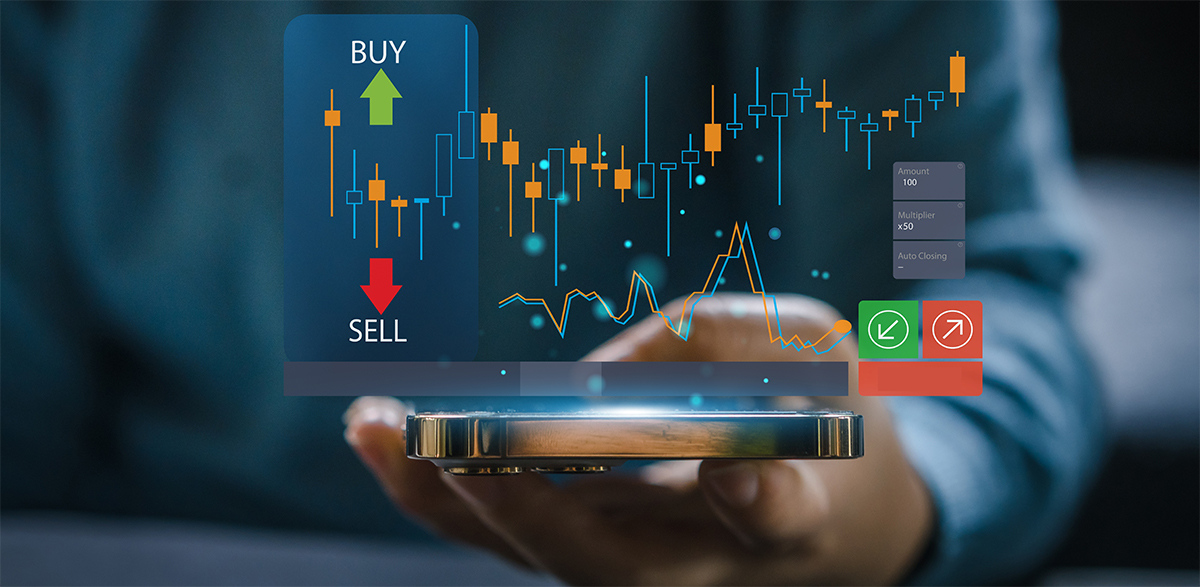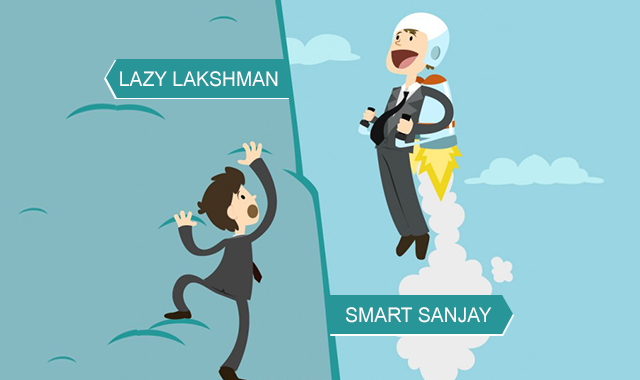
Portfolio Management is the critical skill required for any investor planning to devise a successful investment mix. To be able to match investments to objectives, investors must first be aware of the various products they would wish to have as a part of their investment portfolio.
Here are three such essential products that investors must consider to include in their investments:
- Debt
- Equity
- Gold
DEBT:
Let’s understand the popular jargon “Debt Investment”: Debt investment includes bonds, NSC (National Saving Certificate), FD (fixed deposits), corporate deposits, PPF(Public Provident Fund), EPF(Employee Provident Fund), etc. These products are mostly money given on loan to an entity by the government, or government-backed organization or other private companies.
The primary reason for investing in debt funds is to earn interest income and capital appreciation. The issuer pre-decides the interest rate you will receive as well as the maturity period. Hence they are termed as ‘Fixed Income’ securities.
In these products, two things have been fixed.
- How much will you get back?
- When will you get back?
As you are lending money to the bank or the bond issuer, you are interested in the price of this loan.
The reason behind earning interest on your money:
- Because you are not utilizing the money today and you have postponed the consumption.
- Also, you have taken the risk of losing money by value to inflation.
- By lending money, you also take the risk of the borrower not returning it. And for all this, you need to be compensated, right?
Debt products with guaranteed returns include:
- Provident fund
- PPF (Public provident fund)
- Fixed deposit
- Corporate deposit
- EPF (Employees Provident Fund)
Why does the government pay low interest?
The higher the return, the higher the risk because without a benchmark, there is no comparison of returns in finance. If somebody offers you a rate of interest that is much higher than a bank FD, understand that the risk of non-payment of both your investment and the interest on this deal is much higher.
Features of Debt investment:
- Less risky than equity instrument and hence provide lower interest but consistent returns
- They are less volatile than common stocks, with few highs and lows in the stock market.
- Debt is good for stability but not for growth.
EQUITY:
The most trusted instruments such as Fixed Deposits multiplies wealth only by 20 times, whereas investments in Equity multiplies it by 260 times.
Equities are stocks, meaning shares of a company. When you invest in equities, it means you own the shares of a company and are partial owners of the company.
Here are some benefits of investing in equities:
- Higher gains: Investments in equities are subjected to market conditions, so one has more potential to earn higher gains when the market price of a share rises.
- Dividend: If the company you invest in performs extremely well then, as equity shareholders of the company, you are entitled to earn dividends.
- Authority: Once you invest in shares of the company, you get voting rights in the company, meaning you can exercise control.
- Easy transfer: The shares are listed in the stock market and hence if you want to sell your shares, you can do so easily, thereby increasing liquidity.
- Bonus shares: At times, a company can issue additional shares instead of dividends to existing shareholders.
Higher Claim: Since you are the owner of shares in the company, it also means you get to enjoy a share of the incomes of the company.
All these benefits make you feel so important and prioritized. But the hitch is how do you know which company’s stock performs well? How are your shares trending in the market? When to sell or buy? This arises the need to understand the difference between investors and traders. A trader tracks the market minute to minute and closely monitor the fluctuations in the stock. But as an investor, you must ascertain your investment horizon & financial needs, invest in Equities and to stay invested until investment purpose is achieved. Remember, “time in the market” is important not timing the market.
The best option to invest in Equities is through Mutual Funds. Because when you do so, the decision of picking the right stock is vested with Professional Fund Managers who track the movement of shares closely and rebalance the investment portfolio regularly. They have a tab on the performance of companies, markets, political events, interest rates, and past data that help them to forecast the future of a stock. As an investor, one should remember that Equity Investing is no gamble. In a growing economy like India, good investments should outperform in the long run, irrespective of the macroeconomic factors.
GOLD:
Traditionally buying Gold is treated as the oldest kind of investing activity with the view that is an excellent passive instrument, which protects you in bad times. However, possessing Gold as jewelry is not the only option for investors. There are other forms such as:
- Gold coins and Bars.
- Gold Exchange Traded Funds (ETF).
- Bonds issued by the government.
- Digital Gold (recommended)
Now when you have multiple options, the question arises as to which is the most efficient way to buy Gold? Before we answer this question, let’s understand the demerits of owning physical gold:
- With physical gold, you need to purchase at least one gram of Gold whose price fluctuates every day
- Making charges can be as high as 14% of the cost of Gold.
- Storing Gold at home raises the concern of theft. Hence you need to resort to the option of bank locker that will incur long term storage charges.
- Also, if you wish to trade physical gold, it could prove inconvenient as you would have to schedule a meeting with your banker or jeweler.
Hence the smart way to possess Gold is via Digital Gold, and Fisdom offers you this option. Here’s why 24K Digital Gold stands out to be a better investment option:
- You can buy Digital Gold with as low as Rs.1000
- You can buy, track & sell digital Gold with just one click
- Get a free & secure locker from BRINK’s, a global leader in Gold custodian services with 100% insurance cover
- Get hassle-free delivery of gold coins/bars to your doorstep
Hope this article helped you to understand Gold, Equity and Debt as investment options.
Remember! Check the product first to see if it suits your investment goal before you make your investments.


























